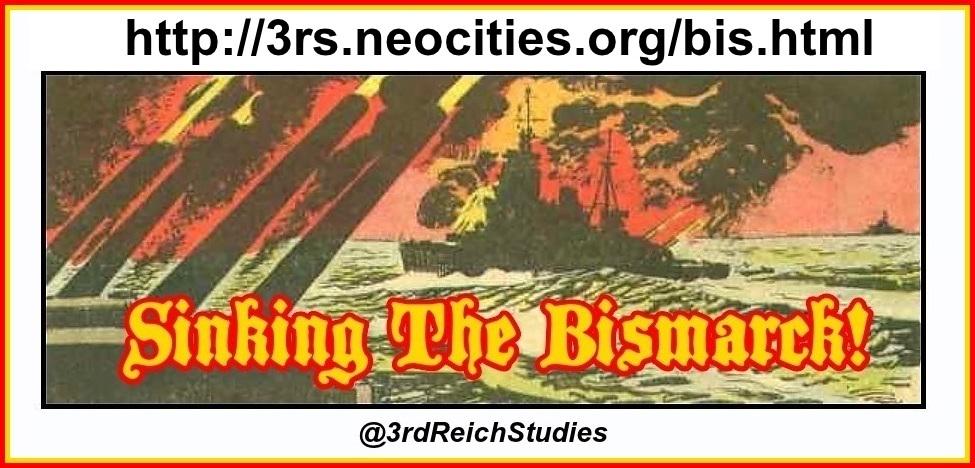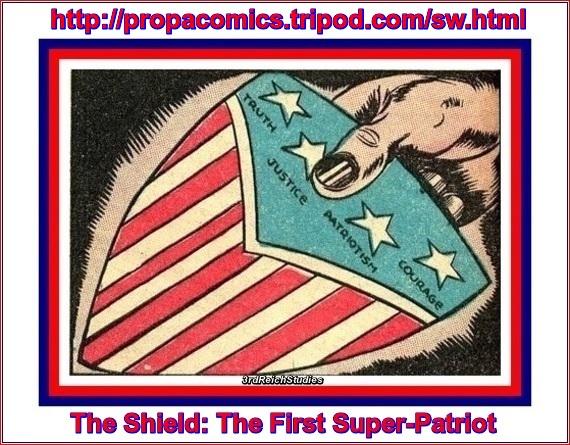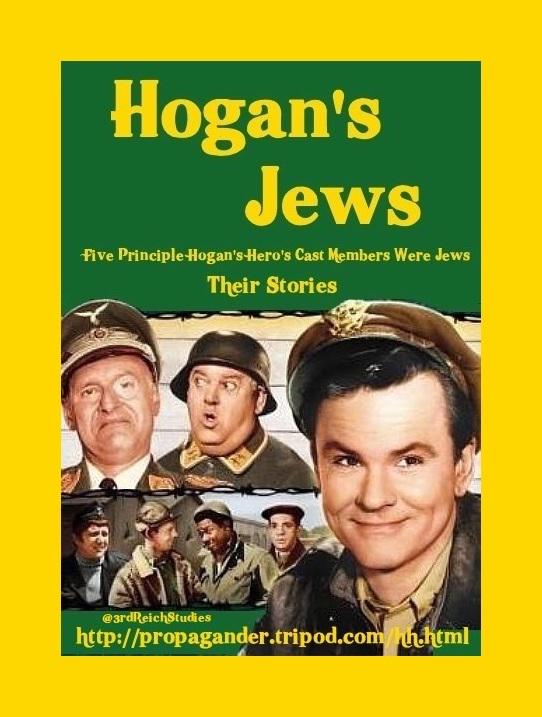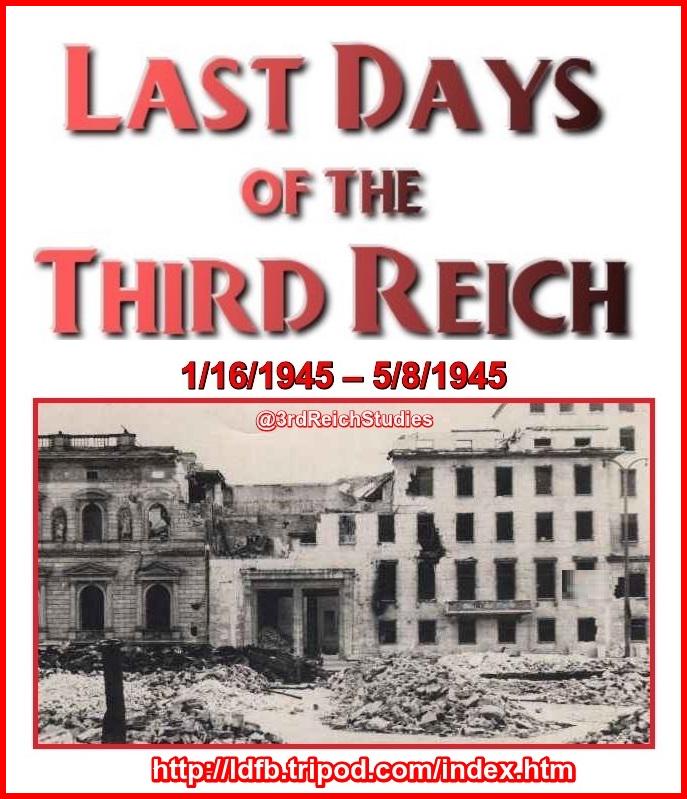 Copyright © 2011-2013
Walther Johann von Löpp
All Rights Reserved
Copyright © 2011-2013
Walther Johann von Löpp
All Rights Reserved
 Twitter: @3rdReichStudies
FB: Horrific 20th Century History
Twitter: @3rdReichStudies
FB: Horrific 20th Century History




Was Franz von Papen Really Innocent?
Was Franz von Papen Really Innocent?
Franz von Papen, like Schacht, was indicted only on Counts One and Two. He was also the second defendant to be acquitted, but this had been more generally expected. However, the Tribunal was sharply divided, and the acquittal came on a two-to-one vote. Those who wanted Papen convicted responded to the pressure of his reputation as a conniver and his support for Hitler's appointment as Chancellor. No doubt the ultimate consequences of Hitler's ascension to power were catastrophic, but Papen's actions were not war crimes. No doubt, too, his actions as Minister to Austria were tilted toward Anschluss, but here, too, that was no war crime. Proof of knowledge and support of Hitler's plans for ultimate aggressive wars was lacking. Fyfe had done his best to blacken Papen as a person, and Nikitchenko and de Vabres had voted for conviction. But, at least in my opinion, the Tribunal was right [in acquitting Papen].
In the eyes of anti-Nazi Germans, these are the crimes Papen was considered to be guilty of:Copyright © 2011-2013 Walther Johann von Löpp All Rights Reserved
Twitter: @3rdReichStudies FB: Horrific 20th Century History




Featured Sites:Austria: The Other GermanyThe Last Days of the Third ReichAdolf Hitler: The First Super-VillianThird Reich History: What Happened Today?Countdown to Infamy: Timeline to Pearl HarborBiographical Timeline: of the Infamous Adolf HitlerCountdown To WW2: August 22 - September 1, 1939The Nuremberg Nazis: Detailed, Documented BiographiesWunderwaffen: Hitler's Deception and the History of RocketryMain Sites:
Adolf Hitler: The VolkswagenAdolf Hitler: The Fuehrer's MercedesAdolf Hitler: Mein Kampf ExaminedIn the Shadow of Frederick the GreatHitler's Battleship: Sink The Bismarck!Non-Fiction Comics: Military PeriodicalsHistory of Olympic Boycotts: From Berlin to BeijingHogan's Jews: 5 Cast Members Were Jews; Their Stories



















Disclaimer: The Propagander!™ includes diverse and controversial materials--such as excerpts from the writings of racists and anti-Semites--so that its readers can learn the nature and extent of hate and anti-Semitic discourse. It is our sincere belief that only the informed citizen can prevail over the ignorance of Racialist "thought." Far from approving these writings, The Propagander!™ condemns racism in all of its forms and manifestations.
Fair Use Notice: The Propagander!™may contain copyrighted material the use of which has not always been specifically authorized by the copyright owner. We are making such material available in our efforts to advance understanding of historical, political, human rights, economic, democracy, scientific, environmental, and social justice issues, etc. We believe this constitutes a "fair use" of any such copyrighted material as provided for in section 107 of the US Copyright Law. In accordance with Title 17 U.S.C. Section 107, the material on this site is distributed without profit to those who have expressed a prior interest in receiving the included information for research and educational purposes. If you wish to use copyrighted material from this site for purposes of your own that go beyond 'fair use', you must obtain permission from the copyright owner.
